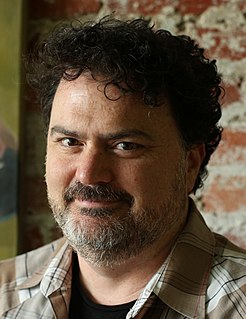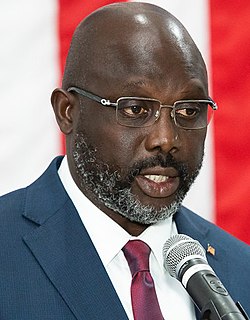A Quote by Robert Fulghum
Children are sent to school to be civilized, to learn to be part of the social enterprise.
Related Quotes
You have a lot to learn, young man. Philosophy. Theology. Literature. Poetry. Drama. History. Archeology. Anthropology. Mythology. Music. These are your tools as much as brush and pigment. You cannot be an artist until you are civilized. You cannot be civilized until you learn. To be civilized is to know where you belong in the continuum of our art and your world. To surmount the past, you must know the past.
Few relationships are as critical to the business enterprise as the relationship to the government. Managers have responsibility for this relationship as part of their responsibility to the enterprise itself. It is an area of social impact of the business. To a large extent the relationship to government results from what businesses do or fail to do.
Children in home-school conflict situations often receive a double message from their parents: "The school is the hope for your future, listen, be good and learn" and "the school is your enemy. . . ." Children who receive the "school is the enemy" message often go after the enemy--act up, undermine the teacher, undermine the school program, or otherwise exercise their veto power.
Looking ahead, future generations may learn their social skills from robots in the first place. The cute yellow Keepon robot from Carnegie Mellon University has shown the ability to facilitate social interactions with autistic children. Morphy at the University of Washington happily teaches gestures to children by demonstration.
I really am at a place where I think we need to feed every child at school for free and feed them a real school lunch that's sustainable and nutritious and delicious. It needs to be part of the curriculum of the school in the same way that physical education was part of the curriculum, and all children participated.



































